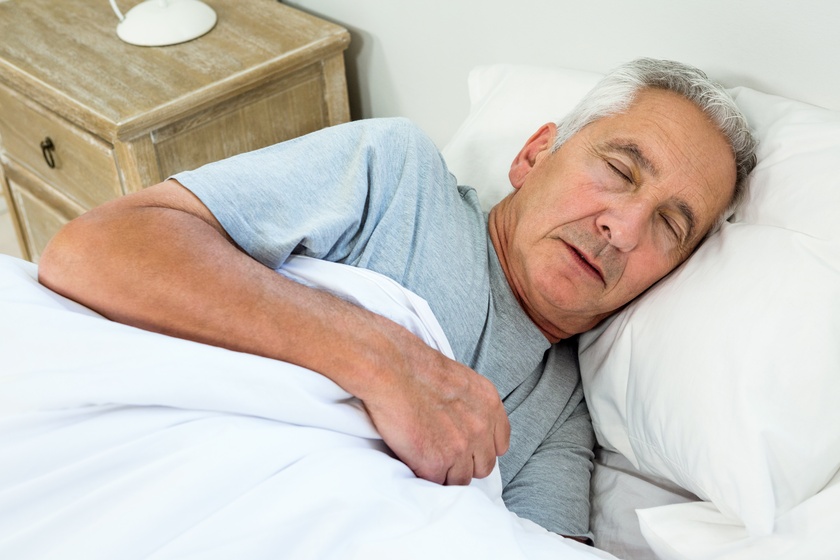Aging and sleep are very interlinked as aging changes many of your sleep habits. This is because your circadian rhythm changes as you age, influencing your daily cycles including eating and sleeping habits. Changes in hormone levels can also be a contributing factor to changing sleep patterns. Some of the ways your sleep may be affected include:
- Waking up at night
- Difficulty falling asleep
- Frequent or extended napping in the day
- Changing sleep schedule
It is a myth that aging adults require less sleep. Sleep is crucial to a healthy body regardless of age, and is a contributing factor to both mental and physical health. It is still important for you to get between seven to eight hours of sleep per night. Fortunately, there are some things you can do to maintain healthy sleeping habits and get all the rest you need.
Exercise
Exercising consistently can lead to falling asleep easier, longer sleep time, and better quality of sleep. Keeping active is always one of the best things to do to take care of your health. Exercising helps to regulate and maintain the body. As a result, a healthy body is better able to regulate the functions that influence sleep. Luckily, exercise does not have to be hard. Whether you prefer a more slow-paced activity like taking walks, to something more thrilling like picking up a sport, there are lots of ways to keep active.
Bedtime Routine
Having a bedtime routine helps to prepare your body and mind for bed. Put yourself into a restful state that is optimal for falling asleep by developing a bedtime routine. For example, spend a few minutes writing down memorable parts of your day, write to loved ones, or do some quiet reading.
Reduce Distractions
Reduce distractions around you so that you can relax and fall asleep. Televisions, cellphones, and other sources of bright light can be very distracting and impede your rest. Make sure that your sleeping space is a conducive place that you will always be comfortable in.
Sleep Safely
It is important to make sure that your bedroom can be navigated safely. For example, if you are prone to waking up in the middle of the night, make sure that a light is within easy reach. A table lamp, or a remote control can be left on a bedside table for easy access. Be careful about leaving hazards around the room such as loose cords and rugs that could be tripped over. Having a safe space to sleep in is also part of a conducive bedroom environment.
Sleep Schedule
Set aside the proper length of time you need for a good night’s rest. Distractions such as texts, calls and other activities can wait until the next morning. You will also be in better condition to participate in activities after a night’s sleep. Having a regular sleep schedule is important as aging makes it harder to recover lost sleep. Hence, you should avoid sudden and frequent changes to your sleeping schedule. This includes not taking naps that are too long, or too close to your usual bedtime.







